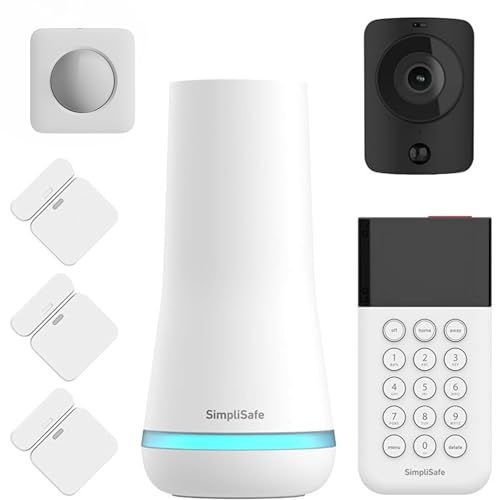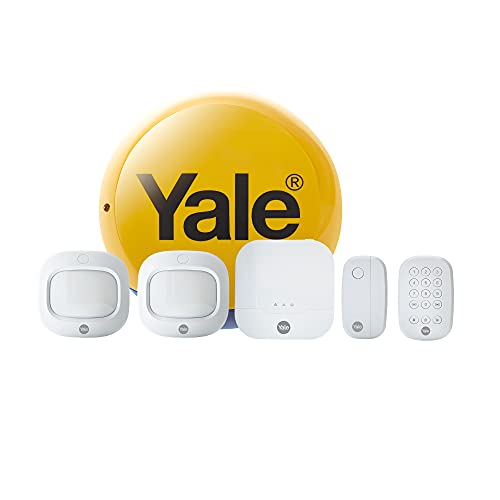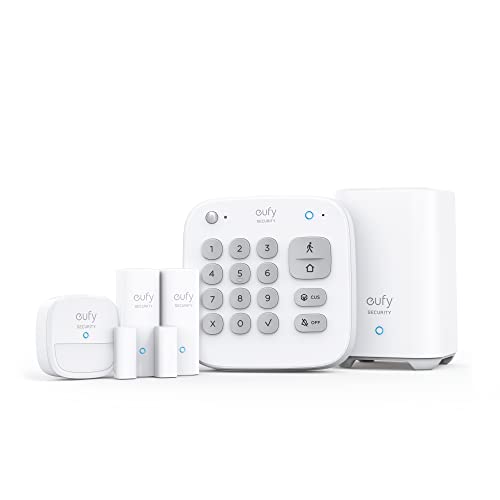Understanding Home Security Systems: What They Are and How They Work
What is a Home Security System?
A home security system is essentially a protective network designed to monitor your property, deter potential intruders, and keep your home safe. These systems typically include components such as cameras, alarms, sensors for doors and windows, and sometimes even smart home integration. Think of it like a shield that surrounds your home, alerting you and authorities if there’s an unusual event.
How Do They Function?
Home security systems function through a blend of technology and monitoring. When a sensor is triggered—say, if a window is opened unexpectedly—the system sends an alert to your smartphone and can also notify a monitoring service. This service can then respond accordingly, whether that means contacting you, dispatching emergency services, or activating a loud alarm. It’s all about providing a rapid response to potential threats.
Key Features to Look for in a Home Security System
Essential Components
When selecting a home security system, there are several key features we should consider. Firstly, cameras that provide high-definition video and night vision capabilities allow for clear monitoring during any time of day. Additionally, motion detectors are crucial for capturing activity in vulnerable areas. Wireless connectivity is also important; it enables easy installation and flexibility in moving devices without hassle.
Smart Home Integration
With the rise of smart technology, many homeowners are looking for systems that seamlessly integrate with other smart home devices. Look for systems that can connect with your smartphone, smart locks, or voice assistants, allowing you to control and monitor your security from anywhere. This feature not only enhances convenience but also allows for automation of routine actions, such as locking doors at night.
Comparing Different Types of Home Security Systems
Wired vs. Wireless Systems
Wired systems involve physical connections to your home’s electrical system, which can provide a stable connection. However, they typically require professional installation and can be more challenging to set up. Wireless systems, on the other hand, are easier to install as they rely on Wi-Fi, which allows for flexibility in installation locations. We often find that families prefer wireless systems due to their convenience.
DIY Systems vs. Professionally Installed Systems
DIY systems offer homeowners the option to set up their security at their own pace, often at a lower cost. These systems usually come with user-friendly manuals and support. Conversely, professionally installed systems provide the advantage of expert installation and configuration, ensuring nearly everything is set up correctly. We recommend considering how comfortable you feel with technology when deciding between these options.
Installation and Maintenance: What to Expect
Understanding the Installation Process
If you opt for a professionally installed system, expect to schedule a consultation where technicians will assess your home and recommend placements for cameras and sensors. If you go the DIY route, detailed instructions are typically provided, enabling you to install the system in a few hours. Whichever you choose, knowing the layout of your home and key entry points can streamline the installation.
Routine Maintenance
To keep any home security system functioning optimally, routine maintenance is essential. This may include checking batteries in sensors and cameras, cleaning camera lenses, and ensuring that software is regularly updated. Many systems also offer alerts for low battery levels or operational issues, keeping you informed and your system ready to act.
Choosing the Right Home Security System for Your Needs
Assessing Your Requirements
Before making a decision, it’s important to assess your specific security needs. Consider factors such as the size of your home, the number of entry points, and the area in which you live. Homes located in higher crime areas typically require more robust systems with additional features like advanced cameras and motion sensors. Think about your lifestyle too; for example, do you spend a lot of time away from home?
Budget Considerations
Cost will undoubtedly play a role in your choice of home security system. Systems come at various price points, with some requiring upfront investments in equipment and installation, while others operate on monthly subscriptions. We recommend establishing a budget that allows for both initial expenses and ongoing maintenance or monitoring fees, ensuring that you invest wisely without compromising your family’s safety.




















